What is sleep paralysis?
People tend to experience sleep paralysis when they wake up in the REM (rapid eye movement [1]) stage of sleep. 👀
During REM sleep, our bodies are in a state of paralysis, which prevents us from acting out our dreams.
It's thought that sometimes the body does not fully transition into wakefulness, so we remain in this paralysed state for a short time.
However, sleep paralysis can also occur when you are about to fall asleep in the hypnogogic sleep phase [2] - often referred to as "waking dreams".
Some researchers say these hypnagogic hallucinations happen when REM sleep patterns begin to intrude on our waking moments, but there is limited evidence to support this.

While these sensations may seem real at the time, they are actually caused by abnormal electrical activity in your brain as it transitions between wakefulness and sleep.
Although these symptoms can be alarming, it is important to remember that sleep paralysis is not dangerous and usually resolves itself within minutes.
The different types of sleep paralysis
There are two main types of sleep paralysis – isolated sleep paralysis and recurrent sleep paralysis. 🛌🏼
Isolated sleep paralysis
Isolated sleep paralysis occurs occasionally, and the episodes are not connected to an underlying diagnosis of narcolepsy or other sleep disorders.
This form of sleep paralysis typically only happens once or twice in your lifetime.
Recurrent sleep paralysis
Recurrent sleep paralysis, on the other hand, is defined as two or more episodes of sleep paralysis within a one-year period.
It usually happens during the transition from wakefulness to sleep (hypnopompic sleep paralysis).
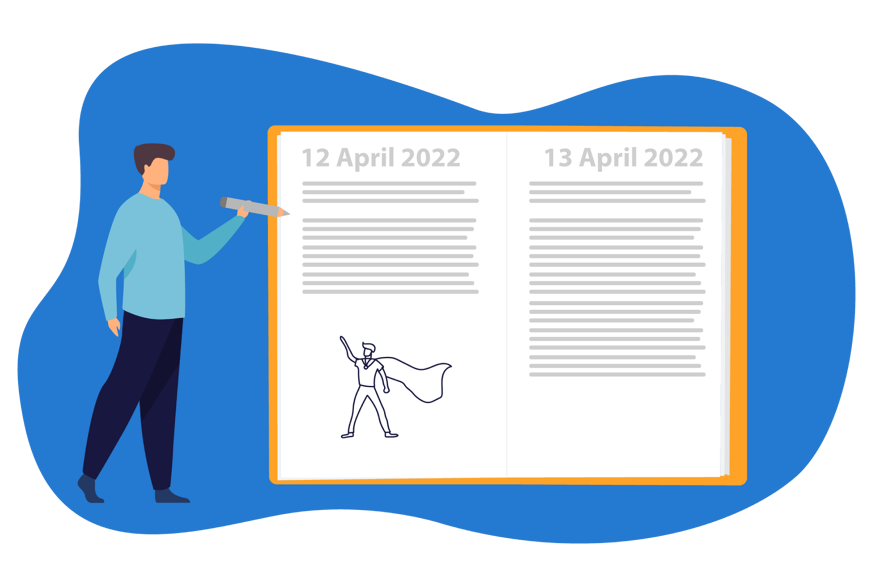
Recurrent isolated sleep paralysis is characterised by two or more episodes in a one-year period, without any intervening episodes lasting longer than five minutes.
Other physical sensations, such as tingling or pressure on the chest area, may also accompany it.
If you're experiencing sleep paralysis regularly, try keeping a sleep diary to monitor it. 📕
Isolated sleep paralysis may be triggered by lifestyle factors such as lack of sleep and irregular sleeping patterns, while recurrent sleep paralysis is often linked to mental health conditions like depression.
It is important to note that both types of sleep paralysis can cause fear or panic [3], but they do not pose any long-term health risks.
Hypnagogic vs hypnopompic sleep paralysis
Hypnagogic sleep paralysis occurs when you are about to fall asleep and feels like you cannot move or speak.
This is because your brain and body are transitioning from wakefulness to sleep, and the signals don't match up correctly.
During hypnopompic sleep paralysis, the same thing happens - only you are waking up instead of falling asleep.
You may still feel unable to move or speak even though your mind is alert.
What does sleep paralysis feel like?
The symptoms of sleep paralysis can be a frightening experience, as it can cause the sufferer to feel as if they are unable to move or speak while still being aware of their surroundings. 🤐
Sleep paralysis is a condition that affects millions of people [4] worldwide.
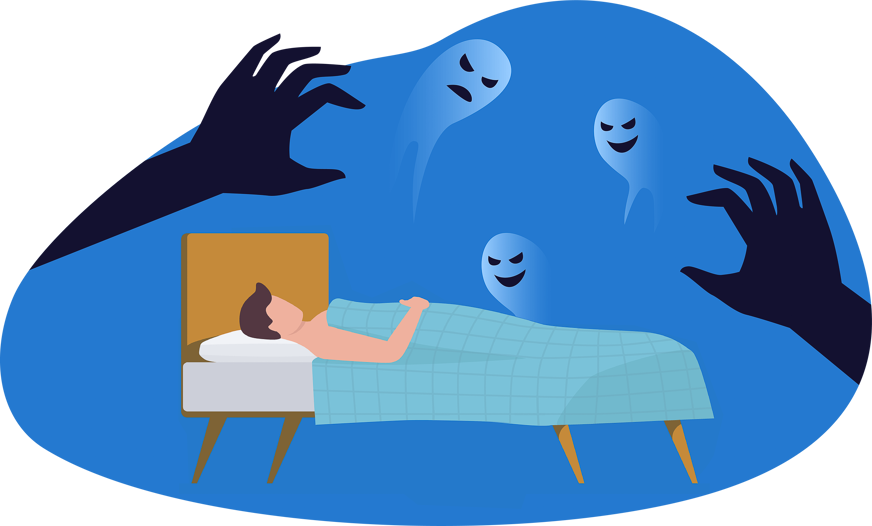
Many people even report hallucinations.
Sleep paralysis hallucinations are categorised into three different types:
- Vestibular-moto hallucinations: Feelings of movement or an out-of-body sensation.
- Intruder hallucinations: Believing there is a dangerous presence in the room.
- Incubus hallucinations: Feeling of suffocation (often paired with intruder hallucinations).
Hypnagogic hallucinations happen as you’re falling asleep, while hypnopompic hallucinations occur when you’re waking up.
Both types can feel incredibly real and startling.
In some cases, people also report physical pain or numbness in their arms and legs.
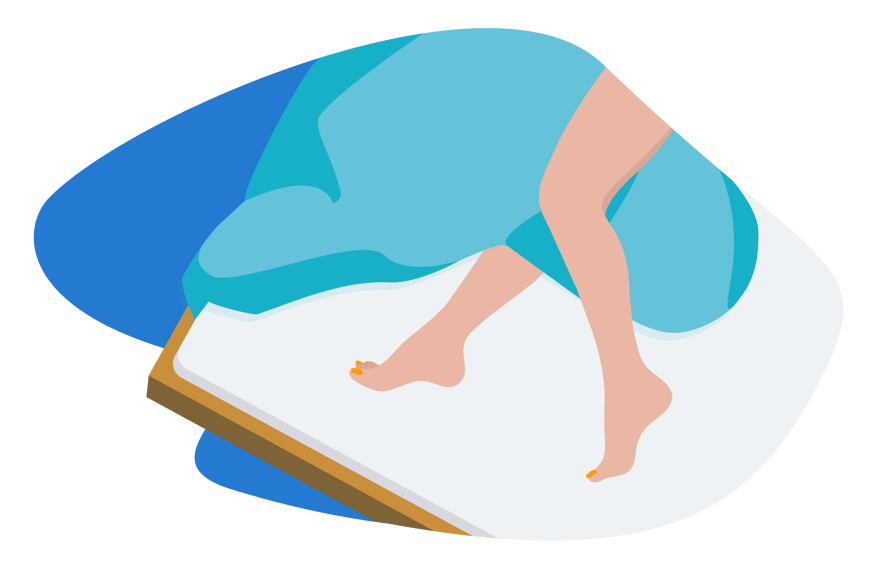
Though these symptoms can seem overwhelming, it is important to remember that sleep paralysis itself is not dangerous and does not cause any lasting physical damage.
Sleep deprivation is a common side effect of sleep paralysis.
You may experience severe daytime sleepiness after a night of troubled sleep.
Causes of sleep paralysis
Before we dive into the specifics, here’s a quick overview of the common risk factors for sleep paralysis:
- Family history of paralysis
- Insomnia
- Post-traumatic stress disorder (PTSD)
- General anxiety disorder
- Narcolepsy
- Sleep apnoea
- Disrupted sleep schedule due to jet lag or shift work
Let’s explore some of these in more detail.
Other sleep disorders
There is a strong correlation between isolated sleep paralysis and other sleep disorders.
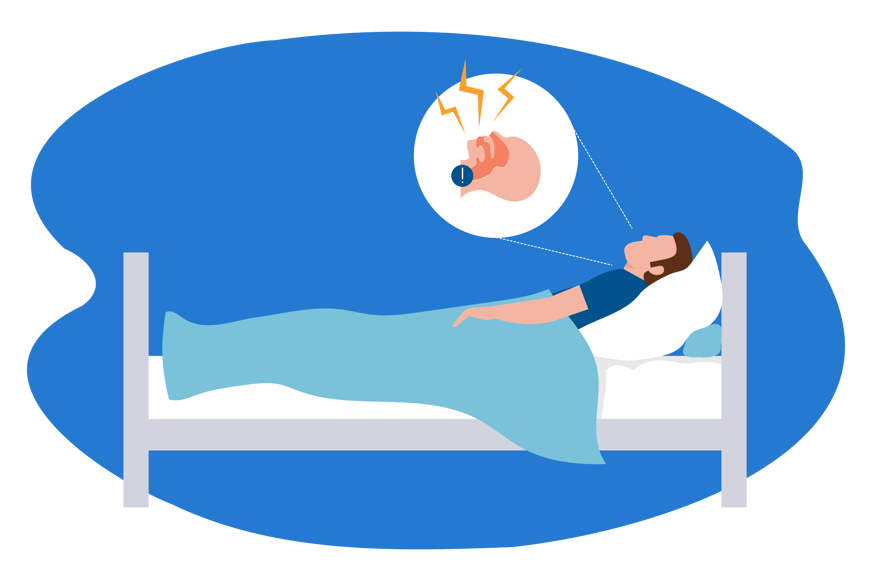
For example, one sleep study [5] found that 38% of those with obstructive sleep apnoea also have sleep paralysis.
There is also research into the link between atonia, cataplexy and sleep paralysis in the neuroscience field.
If you suffer from another sleep disorder, you likely have a higher chance of experiencing sleep paralysis as well. 📈
Insomnia
Insomnia symptoms, like severe daytime sleepiness and sleep deprivation, are also associated with sleep paralysis. 😴

When you don’t get enough sleep or just a few hours of sleep, your body is tired, and there is a higher risk of sleep paralysis.
Mental health conditions
Some mental health conditions, like anxiety disorders and panic disorder, can make it difficult to fall asleep and relax into a healthy bedtime routine.
There is a significant link between psychiatry, sleep problems, and sleep paralysis.
Stress and anxiety
We've all been there at some point - laying in bed worrying about something we said ten years ago.
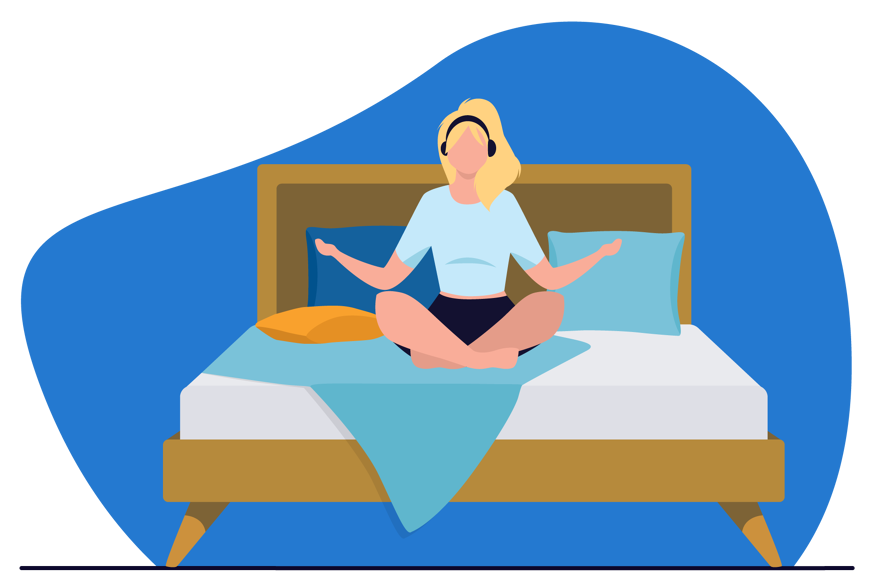
But stress and anxiety can make episodes of sleep paralysis more likely.
Try practising meditation to soothe your worries and fall into a peaceful sleep. 🧘🏾♂️
Narcolepsy
Sleep paralysis is often linked to symptoms of narcolepsy, a medical condition that affects the brain's ability to control the sleep cycle.
People with narcolepsy may experience episodes of both hypnagogic and hypnopompic sleep paralysis more frequently than those who do not have the disorder.
Narcolepsy [6] can also cause excessive daytime sleepiness, sudden muscle weakness, hallucinations, and other symptoms, such as feeling unusually energetic after waking up from a short nap.
Other causes
Other potential causes include stress, drug use, and changes in sleeping habits or environment.
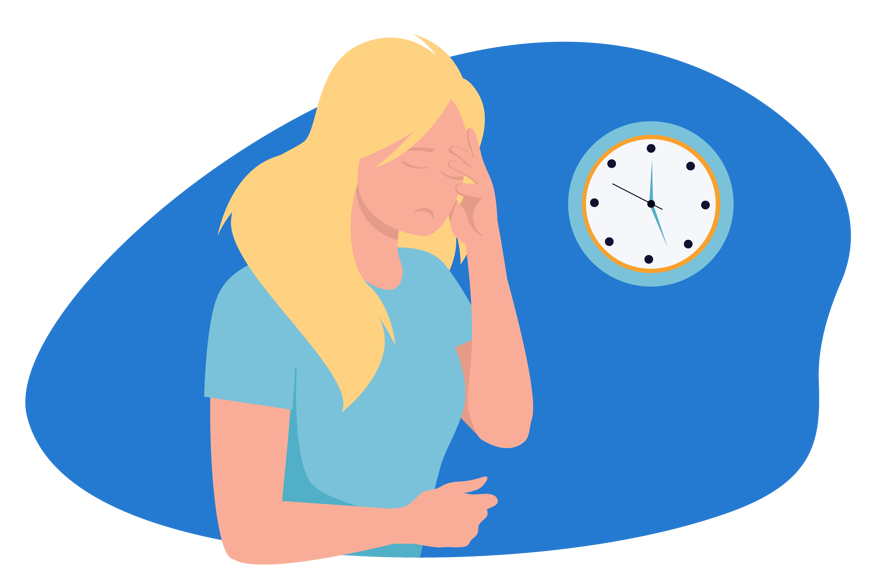
Some studies have even found a higher risk among people with a family history of sleep paralysis.
If you are experiencing sleep paralysis, chat with your family and find out if anyone else has similar problems. 👨👩👧👧
Treatments for sleep paralysis
There are many ways to approach sleep paralysis - from medication to lifestyle changes.
But ultimately, you should start with a trip to your doctor to check for any underlying conditions that could be contributing to your sleep paralysis. 🩺
They can help you introduce these treatments too!
Cognitive Behavioural Therapy (CBT)
CBT is one of the most popular ways to treat sleep paralysis - if depression or anxiety is thought to be a factor causing sleep paralysis.
It involves a trained therapist helping you identify negative thought patterns and behaviours that may be contributing to your condition. 🧑🏻⚕️

Through CBT, you will learn how to change those behaviours and develop more positive habits related to sleep.
Finding a healthy bedtime routine
There are many things that one can do to help prevent sleep paralysis without taking any sleep medicine or carrying out CBT.
Common examples include sticking to a regular sleeping schedule, reducing stress levels through exercise, and using relaxation techniques like yoga or meditation. 😴
You could even try a weighted blanket at night to soothe your anxiety.
Here are some known benefits of using weighted blankets:
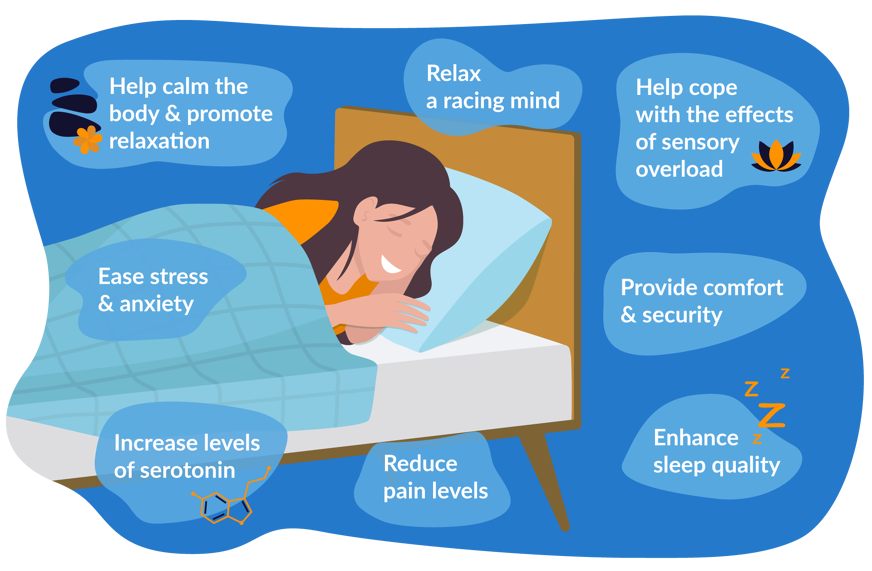
Go to sleep at the same time each night, and make sure you give yourself enough time in the evening to wind down before jumping into bed. 🛏
A regular bedtime - preceded by winding down time - is important, but the key to managing a sleep pattern is a regular rising time seven days a week. Getting up at the same time, reinforced by getting plenty of daylight, does two things: it resets the body clock (which is regulated by light), and it cues us up for sleep about 16 hours later. If you get up at 11 on a Sunday morning, there is no point in going to bed at your regular time if you have only been awake for 12 hours and are not sleepy.
Andrew Green
Sleep Therapist
Also avoid screens at least an hour before going to sleep.
Research shows that blue light from phones and tablets disrupts our circadian rhythm, which can lead to insomnia-like symptoms. ⏰
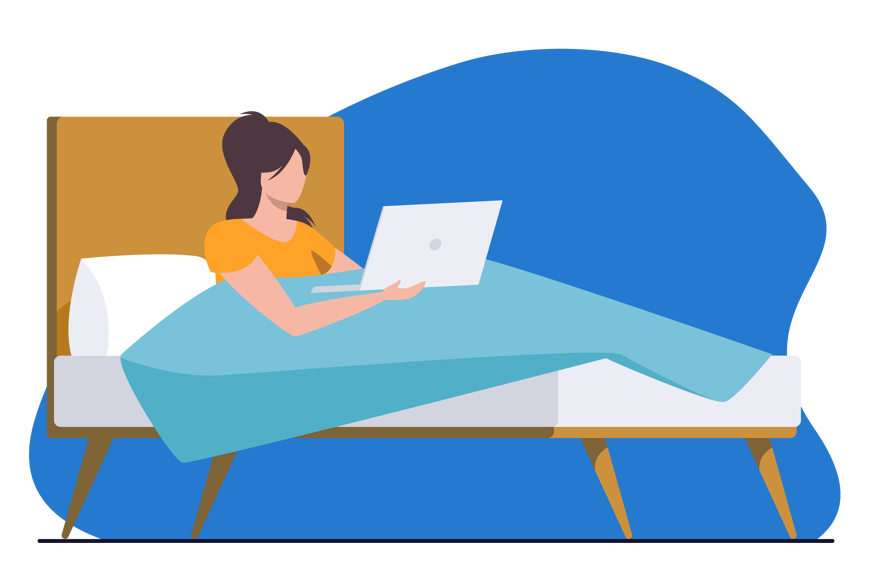
Lastly, ensure your bedroom is comfortable - it should be free from distractions (like TVs or computers) and should be set at a temperature that isn’t too hot or cold.
Try different sleep positions
Sleep paralysis is often triggered when people sleep on their backs.
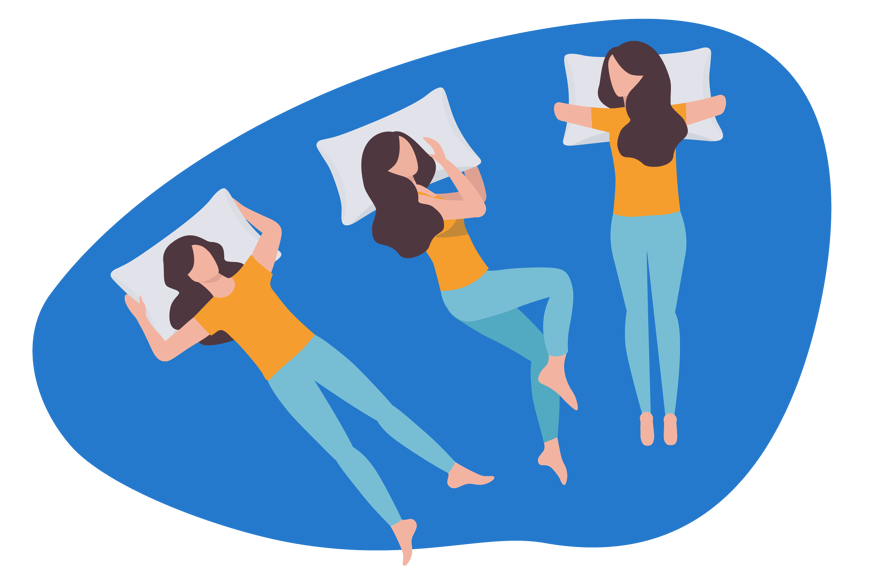
You may find that sleeping in other positions decreases the occurrence of sleep paralysis episodes.
Medications
In some cases, medications may be prescribed to treat underlying conditions like depression or anxiety, which could be contributing to your sleep paralysis episodes.
Some medications used specifically for treating sleep paralysis include antidepressants like SSRIs, TCAs, benzodiazepines, and antipsychotics. 💊
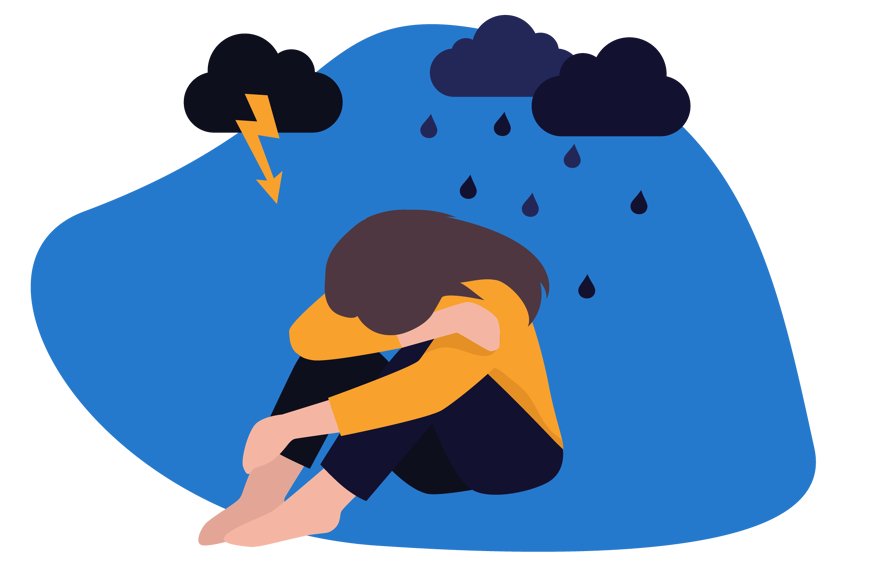
Talk with your doctor if you’re considering taking any medications for your condition.
Sleep paralysis and the NHS
Your GP may encourage you to make some small lifestyle changes - such as reducing stress levels, improving sleep hygiene practices, or getting regular exercise.
While these changes may seem too simple for such a terrifying experience - they can be a very effective form of treatment.
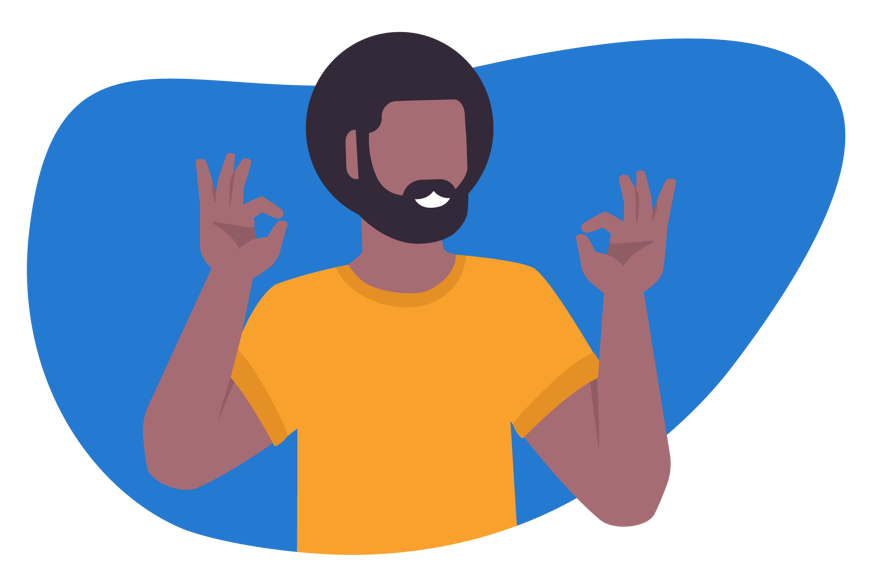
Other treatments are available on the NHS, too - such as hypnotherapy - but these must be prescribed by a healthcare professional first before being accessed through the service.
Start making a note of your sleep paralysis episodes and use a sleep tracker to monitor your sleep quality.
This information can be helpful if you reach out to a medical professional about your sleep paralysis.
Unfortunately, when it comes to sleep disorders and the NHS - there is limited help available. Private services, such as a trained sleep therapist, may be a better way to go.
So, what can you do about sleep paralysis?
Sleep paralysis can be terrifying, especially if you experience frequent episodes.
That’s why it’s important to learn as much as you can about the condition and how you can go about treating it.
By understanding what causes sleep paralysis and taking steps to manage it effectively, you can get to grips with your condition - and hopefully, find it a little less scary.
If sleep paralysis is starting to affect your daily life and mental health, consider reaching out to a medical professional for further support.












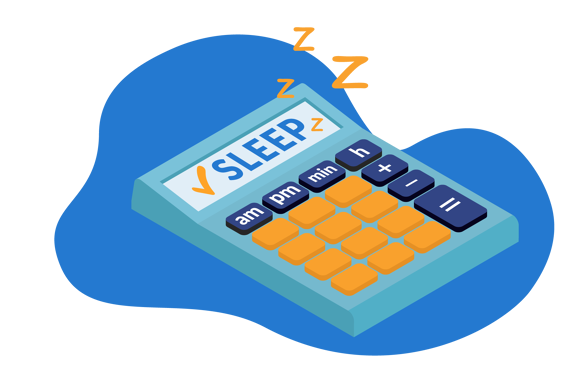
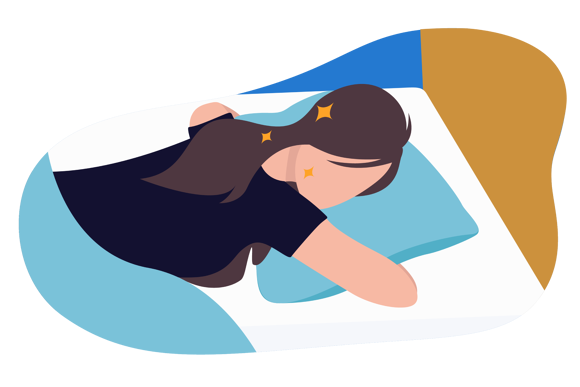
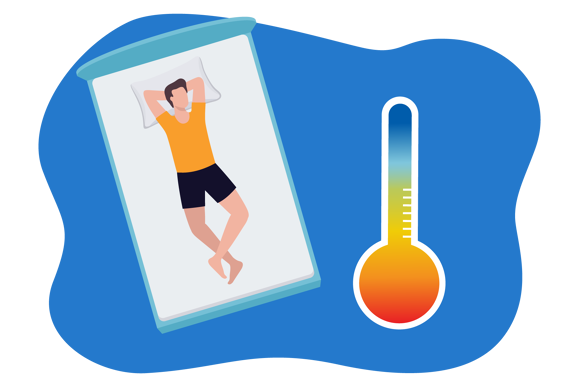


Alternatively, message us directly via the Contact Us page.